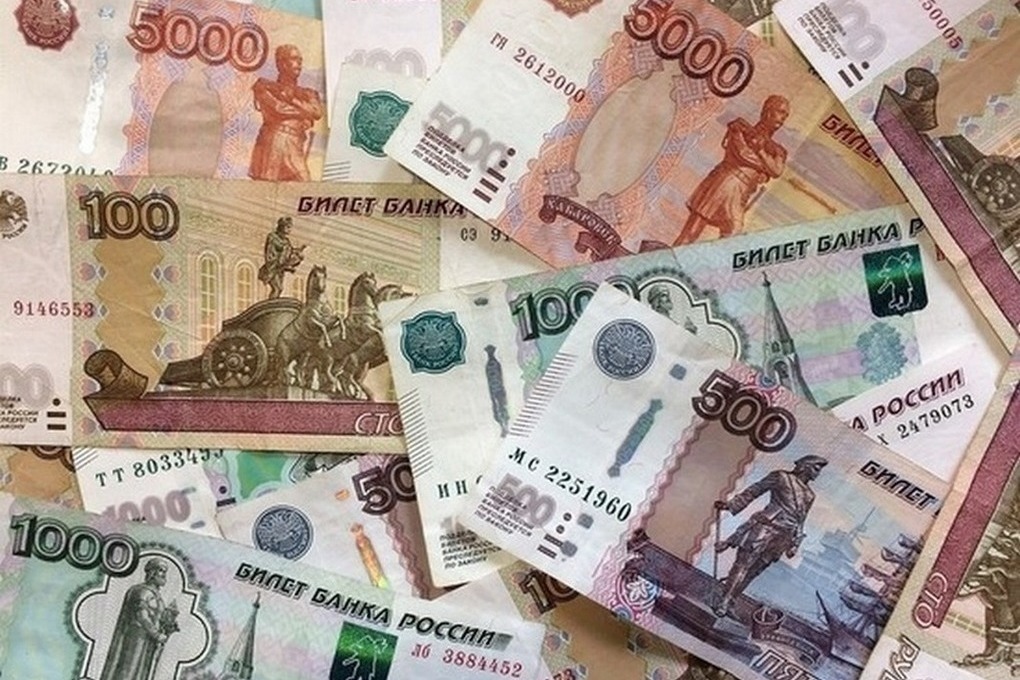Economist Belyaev explained why Russians prefer cash
[ad_1]

“People are financially illiterate and don’t trust the banking system”
“Money under the pillow” remains the only way for many Russians to save their finances. At the end of last year, Russians had almost 18 trillion rubles in cash. This is 10% (1.9 trillion rubles) more than in 2022, the Central Bank reported. MK found out why people don’t trust banks too much.
According to Central Bank statistics, from January to November 2023, the amount of cash in the hands of the population increased by 1.56 trillion rubles, or 9.6%. And for partial December (according to the 28th) – another 374.7 billion.
Obviously, the demand for paper money has a pronounced seasonality – for example, in the summer, when people go on vacation and travel en masse, or before the holidays. On the other hand, the trend intensifies in non-standard, unexpected situations: at the height of the covid pandemic in 2020, Russians did not want to go to banks again. But this is only part of a general puzzle consisting of a variety of elements, notes financial analyst, Candidate of Economic Sciences Mikhail Belyaev.
“Our official annual inflation is 7.5%, in reality, consumer prices in 2023 increased much more,” says MK’s interlocutor. – This process leads to a nominal increase in the retail turnover of goods and services, the servicing of which requires an adequate increase in the money supply. Including, of course, cash. Yes, non-cash payments continue to rapidly develop in Russia in a variety of forms. These are, first of all, plastic cards. But here it is necessary to make an important amendment: since times today are far from the most stable and prosperous, people are experiencing obvious anxiety about their future. And they give preference to those funds that are tangible and always at hand. Despite the fairly high interest rates on bank deposits.
– How persistent and strong is the fear among Russians that something bad might happen to credit institutions?
– The factor of distrust in the banking system, coupled with financial illiteracy, cannot be discounted. We still have a lot of people who don’t know anything about the threshold for deposit insurance in the amount of 1.4 million rubles, which will be guaranteed to be returned to them if the bank’s license is revoked. Moreover, two or three years ago, for a certain category of depositors, the amount of insurance compensation was increased to 10 million rubles. We are talking about cases where temporarily high balances have formed in the accounts of individuals due to, for example, the sale of an apartment or car, or the receipt of an inheritance. On the other hand, this is the overall defensive psychology of Russians, shaped by many crises. And it is clear that as long as there is uncertainty in the economy, people will continue to acquire cash. Their fears are fueled by various rumors and information leaks. Even the most fantastic ones: they say, the state can confiscate deposits.
– How does the Central Bank know how much cash is on hand? Where do these statistics come from?
– The regulator has all the necessary reporting on how much cash it has put into circulation over a certain period of time and how many banknotes from this volume have arrived at the cash desks of commercial banks and enterprises. The figure relating to the population is obtained by a simple method of subtracting the second indicator from the first.
[ad_2]
Source link






